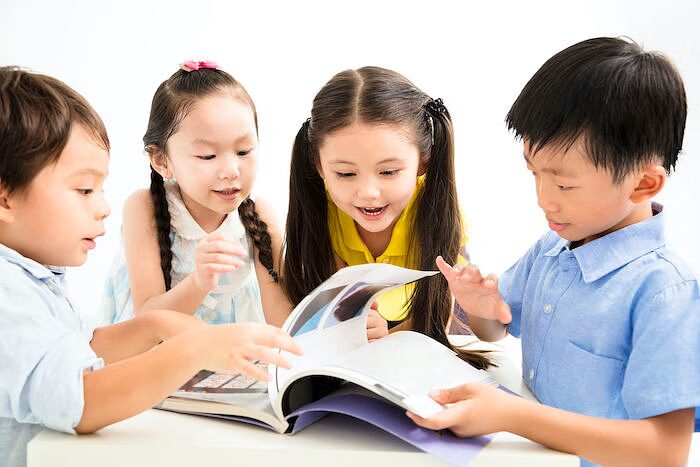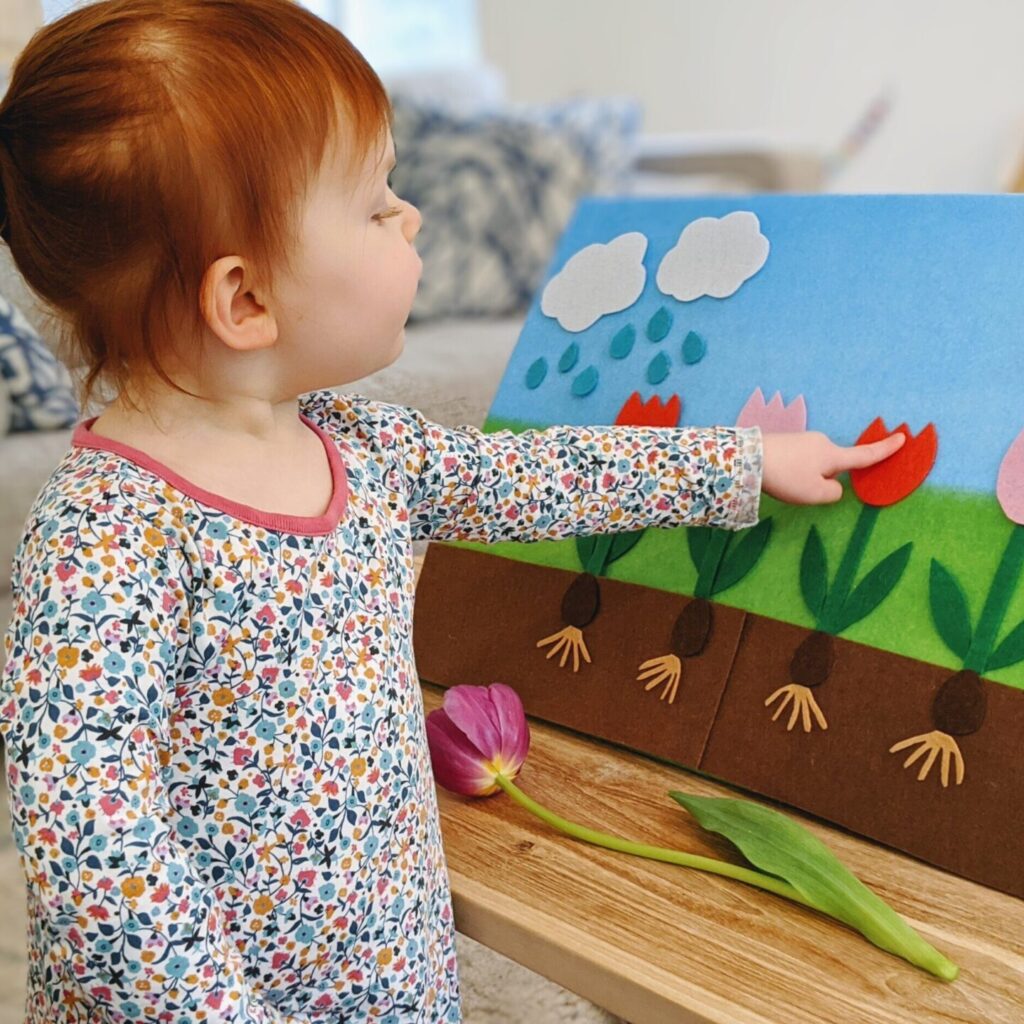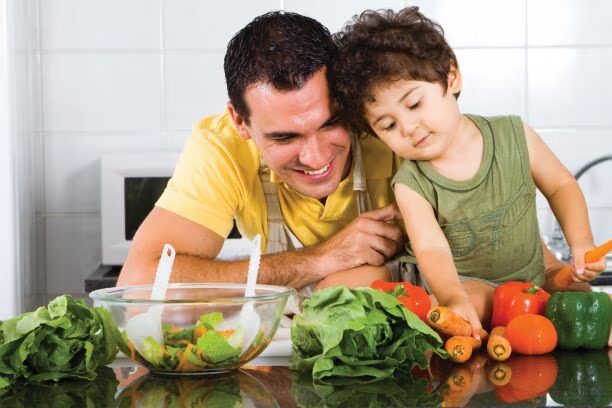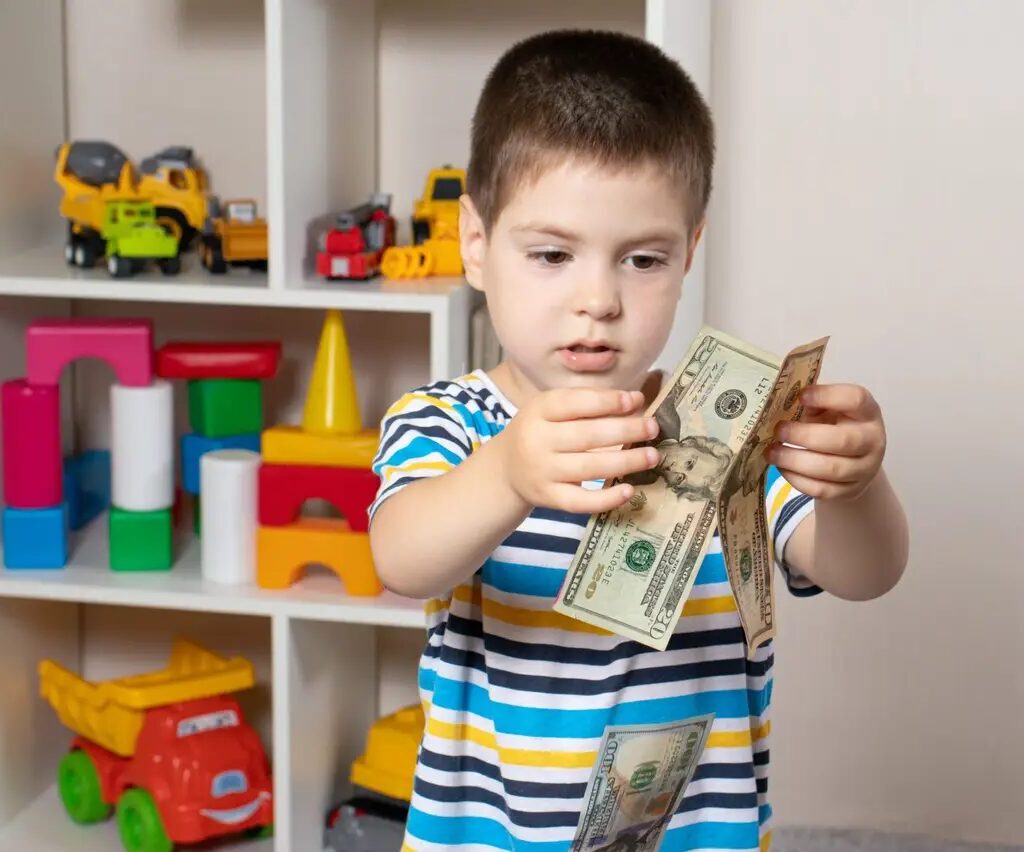
The Enduring Playground: How Childhood Habits Shape Us
Imagine yourself on a playground, carefree and full of boundless energy. You swing high on the swings, giggling as the wind whips through your hair. You meticulously build a sandcastle, only to have it gleefully demolished by a friend. These seemingly trivial moments are more than just childhood fun; they’re the seeds of habits that can take root and influence your entire life.
Just like the way you approach the swings (cautiously or with abandon) or the way you handle the destruction of your sandcastle (tearfully or with a shrug and a new plan) can reveal underlying personality traits, these childhood habits often translate into adult behaviors. Let’s delve deeper into this fascinating phenomenon and explore some common childhood habits that can have a lasting impact.
Building Blocks: Positive Habits That Empower
Think of positive childhood habits as building blocks that create a sturdy foundation for adulthood. Here are some examples:
- Reading Regularly: Did you spend hours devouring books as a child? This habit likely fostered a strong work ethic, improved concentration, and nurtured a love for learning – all valuable assets in your professional and personal growth.
- Organized Play: Whether it was meticulously organizing your toys or strategically planning board game moves, childhood organization can translate into strong adult organizational skills. You might find yourself naturally drawn to planning schedules, creating to-do lists, and keeping a tidy living space.
- Healthy Eating Habits: If you were encouraged to eat your vegetables and fruits as a child, you’re more likely to make healthy choices as an adult. This habit sets the stage for a lifetime of well-being.

The Shadow Playground: Habits That Can Hinder Us
Not all childhood habits are beneficial. Some can linger and create challenges in adulthood. Here are a few to consider:
- Procrastination: Did you wait until the last minute to finish homework projects? This habit might translate into procrastination in your adult life, leading to missed deadlines and increased stress.
- Negative Self-Talk: Were you constantly bombarded with negative messages about yourself as a child? This can lead to low self-esteem and a critical inner voice in adulthood, hindering your ability to pursue your goals.
- Disorganization: If your childhood room resembled a toy explosion zone, you might struggle with organization as an adult. This can manifest in cluttered workspaces, missed appointments, and difficulty managing time effectively.
The Power of Awareness: Recognizing Your Habits
The first step to changing any habit is becoming aware of it. Reflect on your childhood routines and behaviors. Consider:
- What were your playtime preferences?
- How did you approach problems?
- How did you handle challenges?
By identifying these early patterns, you can start to understand how they might be influencing you today.
The Playground Renovation Project: Transforming Habits
The good news is that habits, even those ingrained from childhood, are not set in stone. Here are some tips for transforming negative habits:
- Identify Triggers: What situations or emotions trigger your negative habits? Once you know the triggers, you can develop coping mechanisms.
- Replace with Positive Habits: Consciously replace negative habits with positive ones. For example, if you procrastinate, set daily timers to stay on track.
- Seek Support: Don’t be afraid to seek help from friends, family, or a therapist to develop strategies for changing ingrained habits.

The Ripple Effect: Habits and Relationships
Childhood habits can also impact your relationships. For instance, if you were shy as a child, you might struggle with social interaction as an adult. Here’s how to leverage your childhood experiences to build stronger bonds:
- Identify Your Communication Style: Understanding how you naturally communicate (direct, indirect, etc.) based on childhood experiences can help you adapt your communication style to different people and situations.
- Embrace Your Strengths: Did you find comfort in solitude as a child? Leverage that strength by cherishing your alone time, but also actively practice building stronger social connections.
Beyond the Playground: Habits and Your Physical Health
The impact of childhood habits can extend to your physical health as well. For example, poor sleep habits as a child can lead to health problems later in life.
- Healthy Habits = Healthy Future: Prioritize healthy habits like regular exercise and a balanced diet, which can counteract the potential negative effects of childhood habits on your physical health.
Habits and Your Mental Well-Being
Our mental well-being is also shaped by childhood habits. Negative self-talk as a child can lead to anxiety and depression in adulthood.
ostering Resilience: Habits and Dealing with Challenges
The way you handled challenges as a child can influence your ability to cope with adversity as an adult.
- Developing Grit: Did you bounce back easily from setbacks as a child? This could translate into resilience in adulthood, allowing you to persevere through difficult times.
- The Power of Optimism: Were you a naturally optimistic child? This positive outlook can translate into a growth mindset as an adult, helping you learn from mistakes and approach challenges with a “can-do” attitude.

The Playground of Finances: Habits and Money Management
Childhood experiences can also shape your financial habits as an adult. For instance, if you grew up in a frugal household, you might be more inclined to save and budget effectively.
- Financial Literacy Matters: Regardless of your childhood experiences, make an effort to become financially literate. Educate yourself on budgeting, saving, and responsible spending habits.
The Creative Playground: Habits and Self-Expression
Did you love spending hours drawing or building elaborate LEGO creations as a child? These creative habits can translate into a lifelong love for self-expression and exploring new ideas.
- Nurturing Creativity: Don’t let go of your creative spark! Make time for activities that allow you to express yourself and explore your creative side, whether it’s writing, painting, playing music, or anything else that ignites your passion.
The Evolving You: Habits and Lifelong Learning
Finally, remember that you are constantly evolving. While childhood habits play a role, they don’t define you. Embrace lifelong learning and personal growth.
- Embrace New Habits: Be open to forming new habits throughout your life. Learning new skills, picking up a new hobby, or simply adopting a new morning routine can all have a positive impact on your well-being.
Conclusion: The Playground of Life: A Journey of Growth
The playground of your childhood might be a distant memory, but its echoes resonate throughout your life. By recognizing your childhood habits, both positive and negative, you gain the power to shape them and create the life you desire. Remember, your habits are not your destiny; they are opportunities for continuous growth and transformation. Embrace the playground of life, cultivate empowering habits, and watch yourself blossom into the best version of yourself.
Read Similar Posts
- Everyday Habits Hijacking Your Happiness: Unrecognized Threats to Mental Wellbeing
- Myth and Truths: Does Half-Open Valve Save Feul?
- Unlocking Creativity: Exploring Techniques to Spark New Ideas and Approaches
- Developing a Growth Mindset: Embracing Challenges as Stepping Stones to Success
Here are some Frequently Asked Questions (FAQs):
FAQ 1: How can I identify the impact of my childhood habits on my adult life?
Reflect on your childhood experiences and behaviors. Consider how you approached challenges, interacted with others, and managed your time. Look for patterns that might be influencing your current habits.
FAQ 2: Is it possible to change negative childhood habits?
Absolutely! While habits can be ingrained, they are not set in stone. By identifying triggers, replacing negative habits with positive ones, and seeking support if needed, you can reshape your habits for the better.
FAQ 3: How can I leverage my childhood experiences to build stronger relationships?
Understanding your natural communication style based on childhood experiences can help you adapt your approach to different people. Embrace your strengths, and actively work on building social connections.
FAQ 4: Do childhood habits affect my physical and mental health?
Yes, childhood habits can leave a lasting impact on your physical and mental well-being. Prioritize healthy habits like regular exercise, a balanced diet, and positive self-talk to counteract potential negative effects.
FAQ 5: How can I ensure my children develop positive habits?
Lead by example! Model healthy habits like healthy eating, regular exercise, and responsible behavior. Provide a supportive environment that encourages exploration, problem-solving, and open communication.


Absolutely 🤗 great 👌 burh it took me a much time 🥵🤐